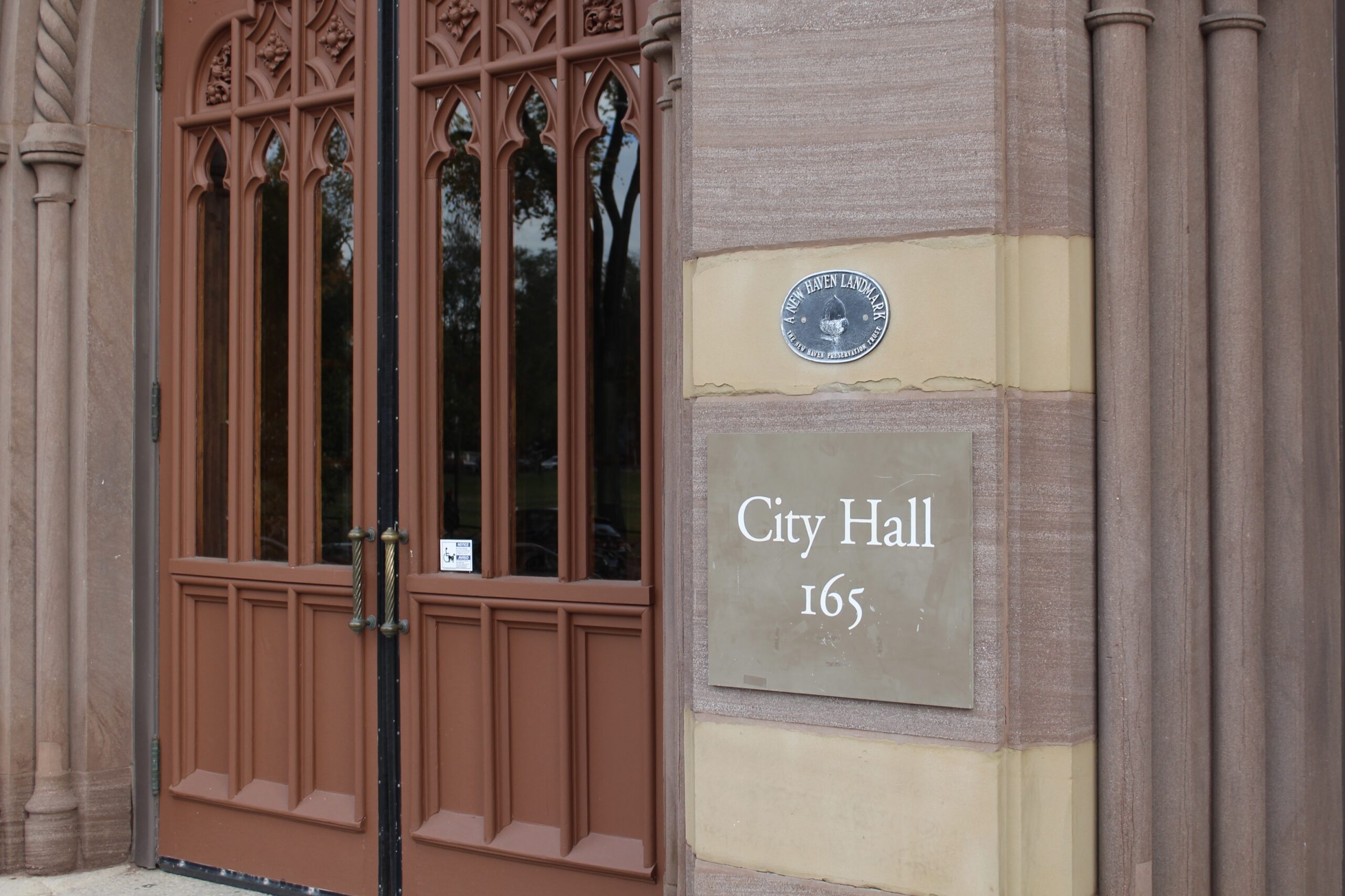Audit uncovers financial mismanagement, delayed medical care at Department of Correction
The Department of Correction overpaid an employee by over $163,000 in 2020 and 2021, according to a recent audit that also spotlighted 20 related findings.

Gabrielle Lord, Contributing Photographer
A recent audit revealed the state Department of Correction mistakenly paid an employee over $163,000 in unearned holiday compensatory time in 2020 and 2021.
Though the employee was allotted an annual $3,032 holiday compensatory payout, they received 54 biweekly payments totaling $163,729. A DOC statement included with the audit acknowledged the overpayment and announced a new biweekly budget report that will monitor recurring payouts.
The audit flagged an additional 20 issues — ranging from a lack of documentation of union leave hours to delayed administration of medication to incarcerated people — all of which were also found in the previous DOC audit.
In the past year, Connecticut’s agencies implemented about 51 percent of auditors’ recommendations, according to auditors’ most recent annual report. Yet the DOC addressed just 17 percent of findings from auditors’ previous report on the agency.
“What other things happen that are of this magnitude that are outside of the reach of the fixed cameras and the auditors’ gaze?” New Haven civil rights attorney Ken Krayeske asked. “It just tells a story of an agency that has no oversight.”
Financial mismanagement, lack of documentation at the DOC
Auditors notified the DOC of the overpayment in March 2022, prompting the agency to take legal action against the employee.
In an August 2023 settlement, the employee agreed to repay the DOC in full before leaving state service. That month, the employee made an initial repayment of $10,000 and the agency deducted 100 hours from the employee’s vacation accruals, or a total of $4,166.
The DOC has also made biweekly deductions of $1,000 from the employee’s payroll since September 2023 and plans to do so until repayment is complete. At the time of publication, the employee still owes the DOC $123,563, the News estimates.
When the most recent audit was released on Aug. 29, legislators and DOC critics alike zeroed in on the accidental overpayment.
“That overpayment of taxpayer money must now be recovered,” state Sens. John Kissel and Stephen Harding said in a statement. “We are interested in learning the details of how and when that significant amount of taxpayer money will be clawed back.”
Krayeske, who has secured multiple settlements in legal battles with the state DOC on behalf of people who received inadequate medical care in prison, pointed to the audit’s findings as examples of a lack of accountability for the agency.
He expressed skepticism that the DOC will resolve the issues, noting that the agency did not terminate the employee after discovering the overpayment.
“Who doesn’t realize they’re getting overpaid by that quantity of money on a weekly … basis and doesn’t report it?” Krayeske said. “The culture there is to get away with everything that you possibly can. That’s what [the overpayment] demonstrates to me.”
Krayeske was also frustrated that Gov. Ned Lamont’s office did not release a statement condemning the overpayment after the audit was released. A spokesperson for Lamont did not respond to the News’ request for comment about the audit.
State auditor John Geragosian emphasized that stronger internal controls at the DOC could have easily prevented the overpayment. For example, the payroll system could require approval from higher-ups in order for employees to request recurring payments, rather than allowing employees to input payments without an end date.
The audit cited a few other instances of financial mismanagement, such as both under- and overpayments of workers’ compensation and multiple purchases made by non-cardholders using the DOC’s purchasing cards.
Auditors also highlighted missing documentation, including the paperwork required for doling out union leave hours, overtime and medical leave.
“When you don’t account for things, [that] increases the chance of abuse,” Geragosian said.
Concerns about the DOC’s medical care for incarcerated people
The audit’s final finding discusses delayed administration of medication to incarcerated people, with delays ranging from ten minutes to nearly three hours. The agency attributed these delays to its low staffing levels ever since the pandemic.
This was a repeated finding from the previous DOC audit, which was the first report issued after prisoner healthcare was transferred from the University of Connecticut Health Correctional Managed Health Care to the DOC in July 2018.
Krayeske points to the audits’ repeated findings as an example of worsened medical care for incarcerated people ever since this transfer.
“How many people have missed their heart medication and been at higher risk?” he said. “Has anybody who’s missed medication actually suffered deleterious consequences because of this?”
In a statement included with the most recent audit, the DOC noted that 6.3 percent of medications were administered at the incorrect time in 2020 and 2021, compared to 28.3 percent of medical administrations reported in the previous audit. The agency also emphasized its commitment to administering medication in a timely and accurate manner.
The DOC did not respond to the News’ request for comment about potential decreases in standards of medical care for incarcerated people since the agency took over from UConn Health CMHC.
Attorney DeVaughn Ward, a civil rights attorney who collaborated with Krayeske on multiple cases against the DOC, was recently nominated as Connecticut’s interim ombudsman. Once he assumes the role on Sept. 23, he will provide the state’s first independent prison oversight in over a decade.
Ward has pointed to adequate medical care for incarcerated people as one of his top priorities as ombudsman. He declined to comment about the delayed administration of medication revealed in the audit, noting that he has not yet assumed the role.
Auditors have just 200 of their budgeted 3,600 hours of work remaining on their next report on the DOC.
Interested in getting more news about New Haven? Join our newsletter!







